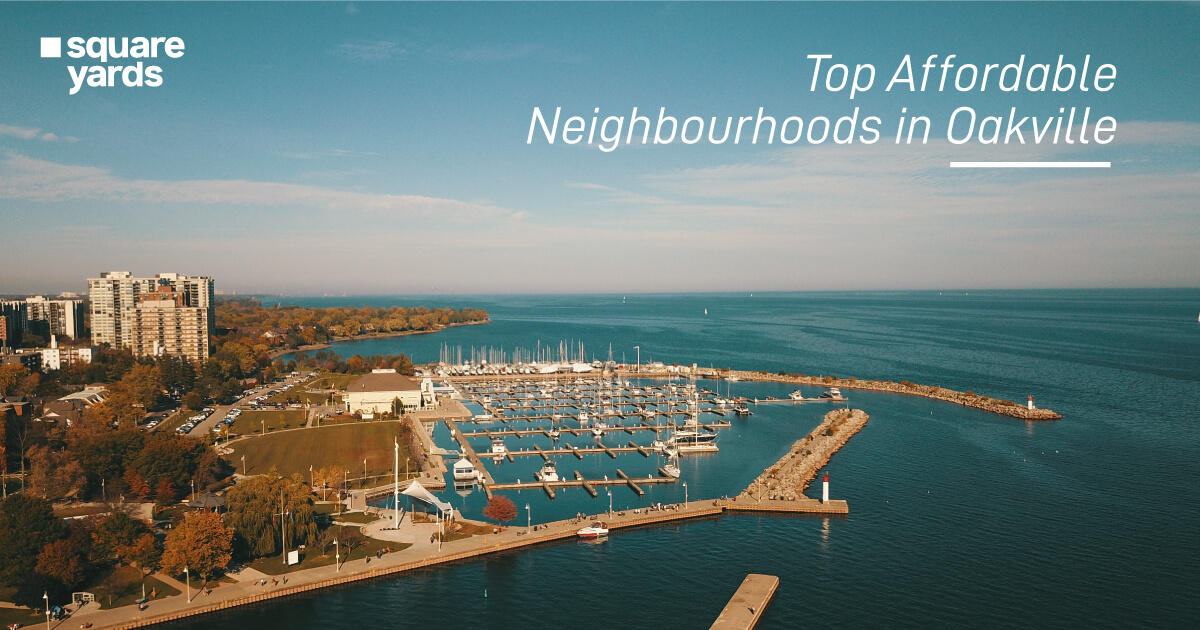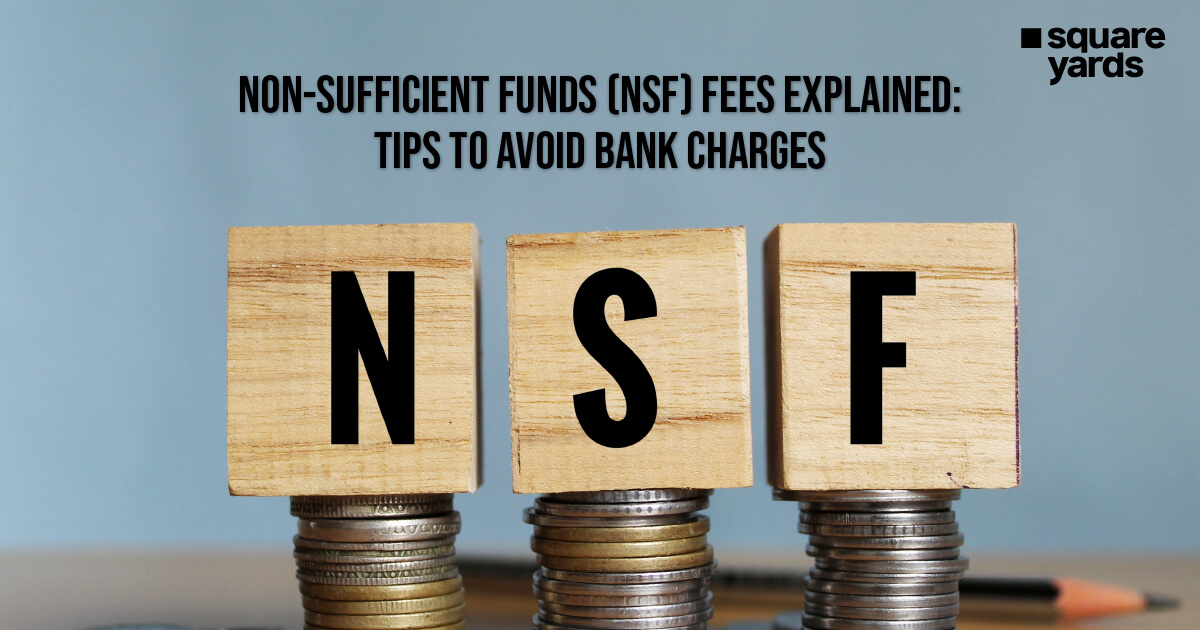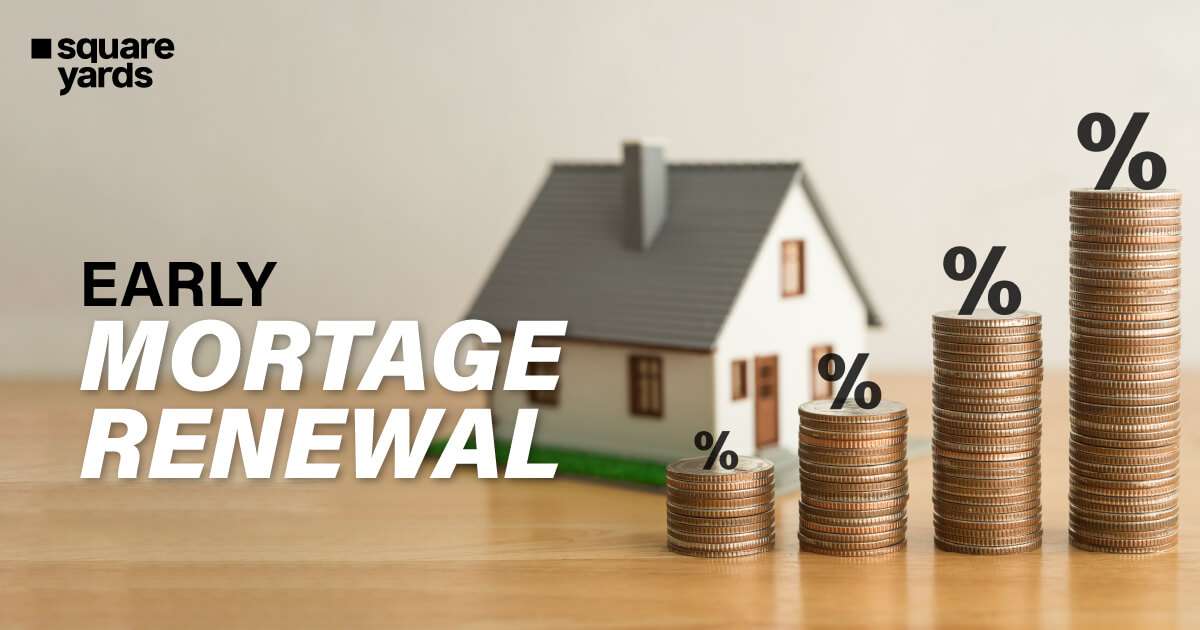Regional Canadian Housing Markets
The housing market in Canadian cities has rose in February 2024. The national benchmark price, which measures the cost of a typical house, has seen a rise of 1.8% monthly, marking the first monthly increase since June 2023. Moreover, it stood for $720,500 in February 2024, witnessing an increase of 0.8% compared to the previous year.
Here are the housing supply trends for the country’s major cities.
Vancouver

The benchmark price in Vancouver saw a 28% increase over four years, yet it witnessed a 6.3% decrease compared to the all-time high of $1,262,600 in April 2022. The key highlights of housing supply trends in Vancouver are:
-
- The average home price in Greater Vancouver rose to $1,276,517, showing an increase of 2% monthly and 4.6% annually.
- The benchmark price of homes in Metro Vancouver rose to $1,183,300 in February 2024, representing a 1.9% monthly increase and a 4.5% yearly increase.
- The average price of a detached home has increased by 5.2% compared to the previous year and is now at $2.16 million.
- The average price of attached homes has increased by 7.5% year-over-year and now stands at $1.26 million.
- The average price of a condo apartment has increased by 6.7% year-over-year, reaching $827k.
Edmonton

The average price of homes in the Edmonton area for February 2024 was $407,458, up 10.3% from the previous year and 2.2% from the previous month.
-
- The average price of detached homes has increased by 10.6% year-over-year and 5% month-over-month to $508,411.
- The average price of semi-detached homes increased by 7.7% compared to the previous year and by 1.8% compared to the last, reaching a new average of $385,163.
- The average price for a townhouse increased by 9.7% compared to last year and 2.5% compared to the previous month. The current average price is $275,735.
- The average apartment price decreased by 3.2% year-over-year to $181,347, or 5.9% lower than last month.
Calgary

Calgary is one area that has seen a lack of supply in the housing market. The primary reason for this has been the rise in property prices across all property types, making housing unaffordable for consumers.
-
- Calgary’s home sales reached 2,135, a 23% increase from the previous year.
- The benchmark home price increased by 10.3% year-over-year and 2.2% monthly, reaching $585,000.
- The average price of a detached home has increased by 14.4% year-over-year, reaching a total of $777,000.
- The average price of a semi-detached home increased by 13.9% year-over-year to $667,000.
- The average price of a townhouse has increased by 20.2% year-over-year and now stands at $467k.
- The average price of a condo apartment has increased by 18.4% year-over-year, reaching $332,000.
Toronto

The benchmark home price for February 2024 in the Greater Toronto Area was $1,093,900, indicating a year-over-year increase of 0.4%. The average selling price of a home in the Greater Toronto Area (GTA) rose by 1.2% year-over-year to $1,108,720 in February 2024. The key points related to the housing market in Toronto are as follows:
-
- The average price of a detached home has increased by 0.3% compared to last year and is now at $1.44 million.
- The average price of a semi-detached home has increased by 5.1% from the previous year, now standing at $1.12 million.
- The average price of a freehold townhouse has decreased by 1.6% compared to last year and currently stands at $1.03 million.
- The average price of a condo apartment decreased by 1.4% compared to the same time last year and is now at $695k.
Ottawa
The average home sale price in Ottawa’s housing market increased to $651,340 in February 2024, reflecting a 3.1% year-over-year increase. The composite benchmark price of a home in Ottawa was $628,500, a 2.8% increase compared to February 2023.
-
- The average price of a single-family house has increased to $796,167, 0.5% yearly and 3.3% monthly.
- Average townhouse prices decreased by 0.6% from last month to $538,745, showing a 1.6% increase compared to February 2023.
- Average apartment prices rose to $429,410, up 7.6% from February 2023 and 3.6% from the previous month.
Montreal

Montreal has seen average home prices sold at $579,72, reflecting an annual increase of 8.3%. The housing supply trends for Montreal are:
-
- The median price for single-family detached properties increased by 6.8% compared to the previous year, reaching $550k.
- The median price of a condo has increased by 3.9% year over year to $395k.
- The median price of a property in Plex has increased by 4.2% from the previous year to $740,000.
Halifax

Halifax offers different houses ranging from townhomes to condos and detached houses. The housing market in Halifax is quite competitive. The housing supply trends for Halifax in 2024 are as follows:
-
- The median sale price of a home in Halifax was $525k, reflecting an increase of 52.2% year over year.
- Halifax’s median sale price per square foot is $313, up 36.4% from the previous year.
- In February 2024, home prices in Halifax increased by 52.2% compared to the previous year, with a median selling price of $525,000.
Other Findings From The 2024 Canadian Housing Market

After seasonal adjustments, there were an estimated 38,454 home sales nationwide in February 2024. This represents a 30% increase from the same period the previous year. However, there was a 3.1% decrease from the previous month’s sales of 39,664 in January 2024. The actual home sales were estimated to be 35,394 in February 2024, a 19.7% increase from the prior year.
In February 2024, benchmark home prices in most Canadian housing markets increased monthly and yearly, except for PEI, which experienced a slight monthly decrease in benchmark prices. The latest data on benchmark home prices across Canadian provinces reveals that British Columbia remains the most expensive, with a benchmark home price of $966,100, followed by Ontario, where the benchmark home price was $868,200 in February 2024.
Final Words
In conclusion, the Canadian housing market reflected adjustments and recovery in February 2024 for the first time since mid-2023. A varying trend in real estate can be seen across regions, such as affordability issues in Calgary and managing demand and affordability in Toronto. Canada’s housing market suggests focusing on affordability and supply issues to ensure an accessible housing market for residents.
| Guide To Ottawa Housing Market | Ottawa Housing Market |
| Climate Change on Canada Real Estate | Effects of Climate Change on Canada Real Estate |
| All About Toronto Housing Market | Toronto Housing Market |
| Canadian Housing Market | Canadian Housing Market |
Frequently Asked Question (FAQs)
Properties in Canada are primarily divided into three classes, freehold, condominiums, and leasehold.
There are 5 different types of properties available in Canada, detached homes; semi-detached, townhouses, condos, and multi-story structures.
Among the cities listed here, Edmonton is the most affordable city for first-time home buyers in Canada. Average condo prices are around $216,690, and freehold townhouses are around $362,606.
Vancouver and Toronto are two of the most expensive cities to buy real estate in.
If you can afford the high-interest rates then yes, this is a good time to invest in the Canadian Real Estate Market. Housing prices are unlikely to crash, and this is the best time to capitalise on the demand for homes, which is rising exponentially. What are the different property classes in Canada?
What are the different property types available in Canada?
Which is the most affordable city for a first-time home buyer in Canada?
Which are the most expensive cities in Canada in terms of real estate?
Is this a good time to invest in the Canadian Real Estate Market?



































